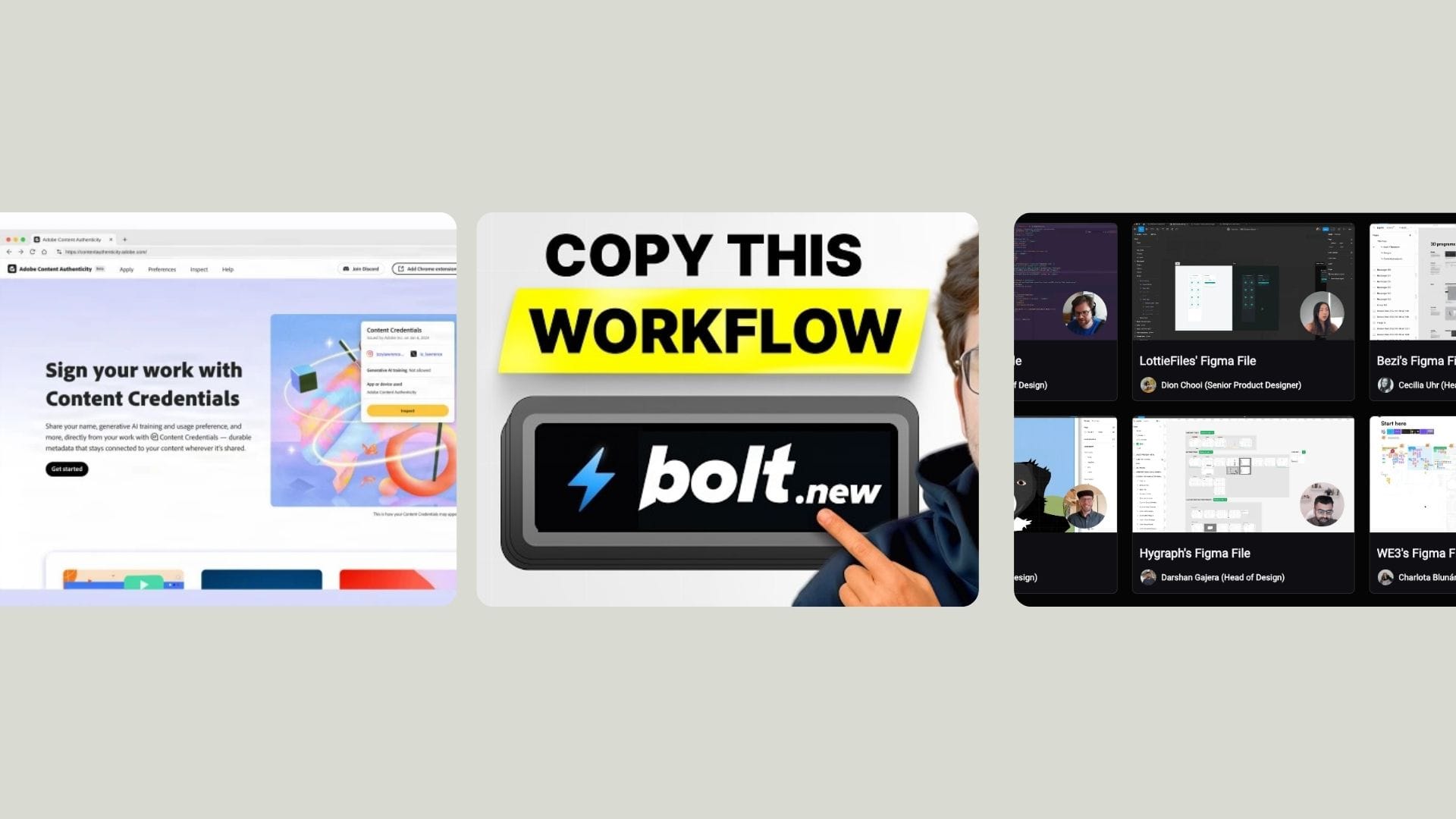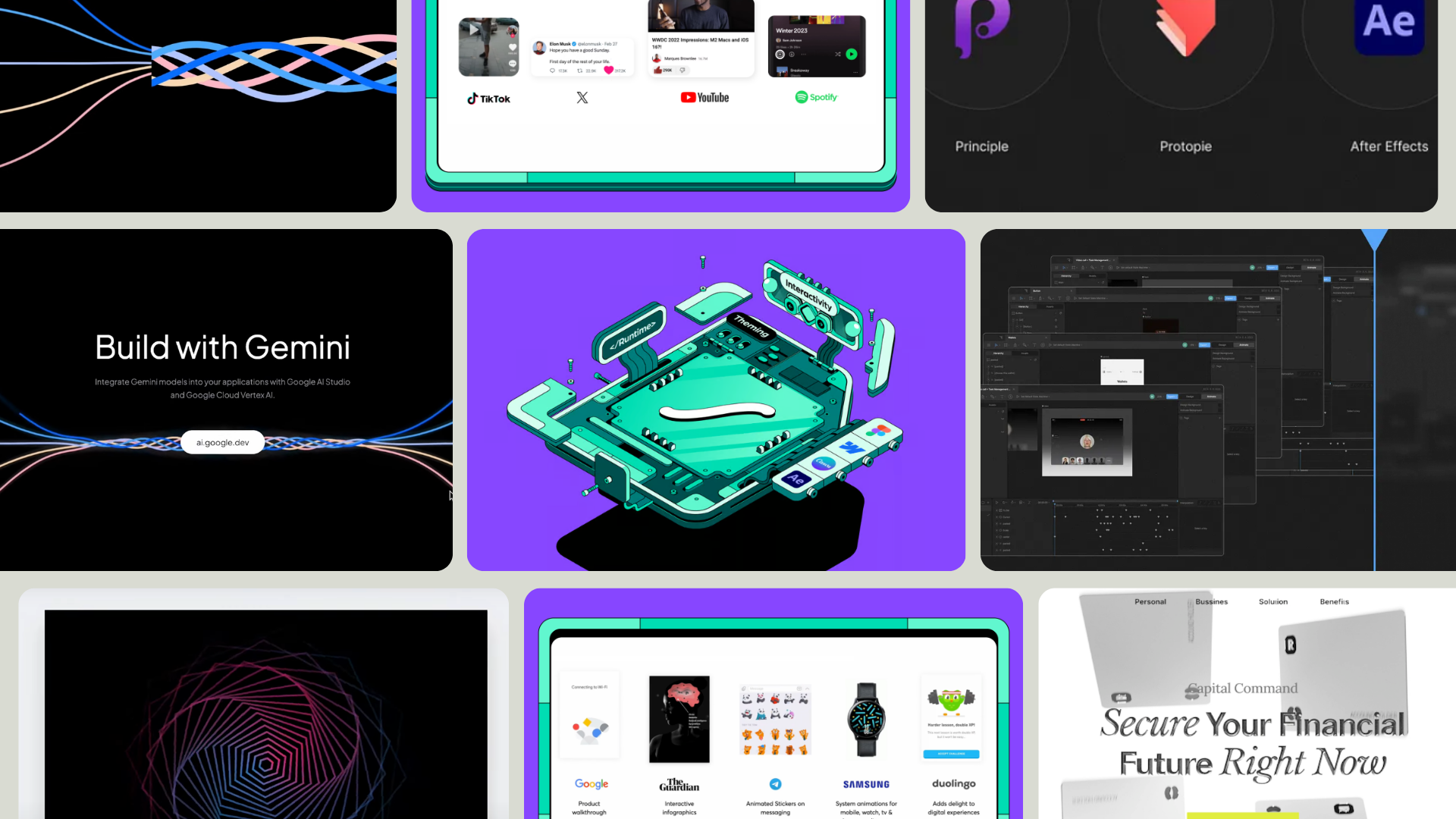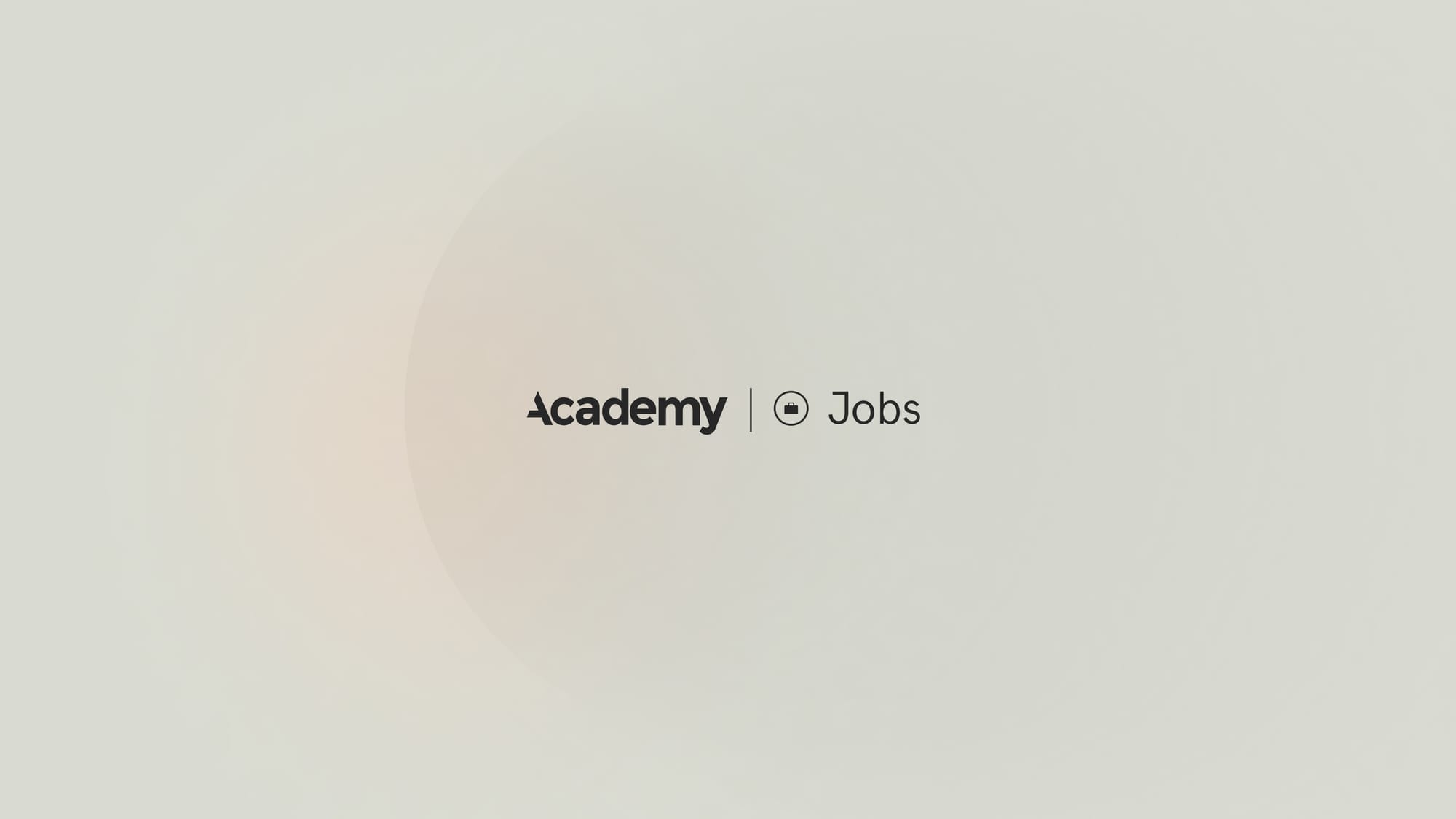The Rise of Remote Work: How UX Team’s Hiring Strategies are Changing for the Better
Discover how UX teams adapt in a world reshaped by remote work.
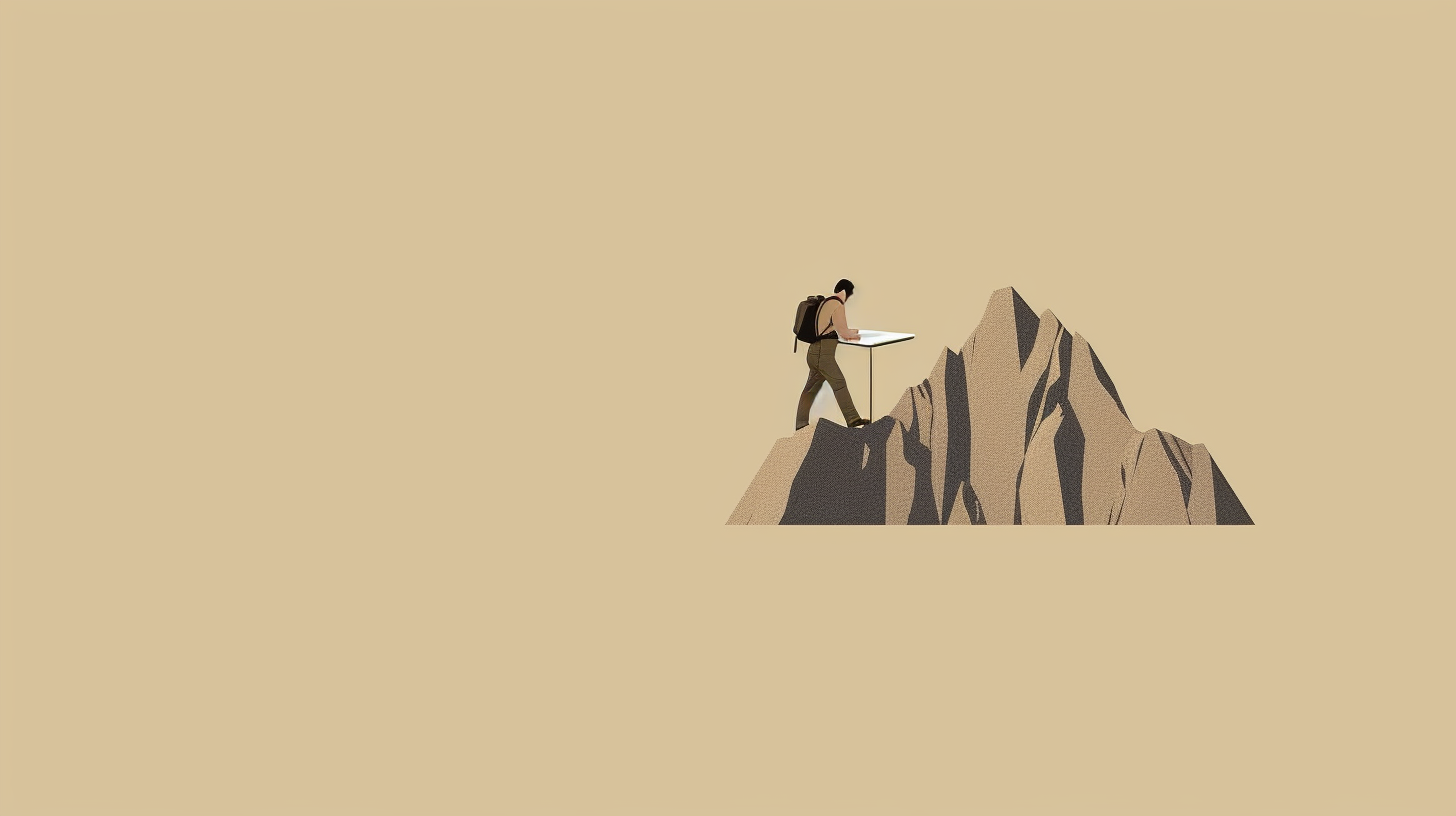
In recent years, the business landscape has undergone significant changes, particularly when it comes to hiring practices. With the rise of remote work and flexible work arrangements, companies are reevaluating their hiring strategies to adapt to the changing times. As a result, staffing agencies are becoming an important part of their hiring process, offering a solution that allows them to find the best talent while maintaining flexibility.
Impact on Design Teams
One area where remote work has had a significant impact is in design teams. The need for flexible work arrangements has become increasingly clear in recent years, especially as the COVID-19 pandemic forced many businesses to shift to remote work. As a result, many design teams have embraced remote work and realized that it can offer a wide range of benefits, including increased productivity, reduced overhead costs, and access to a larger talent pool.
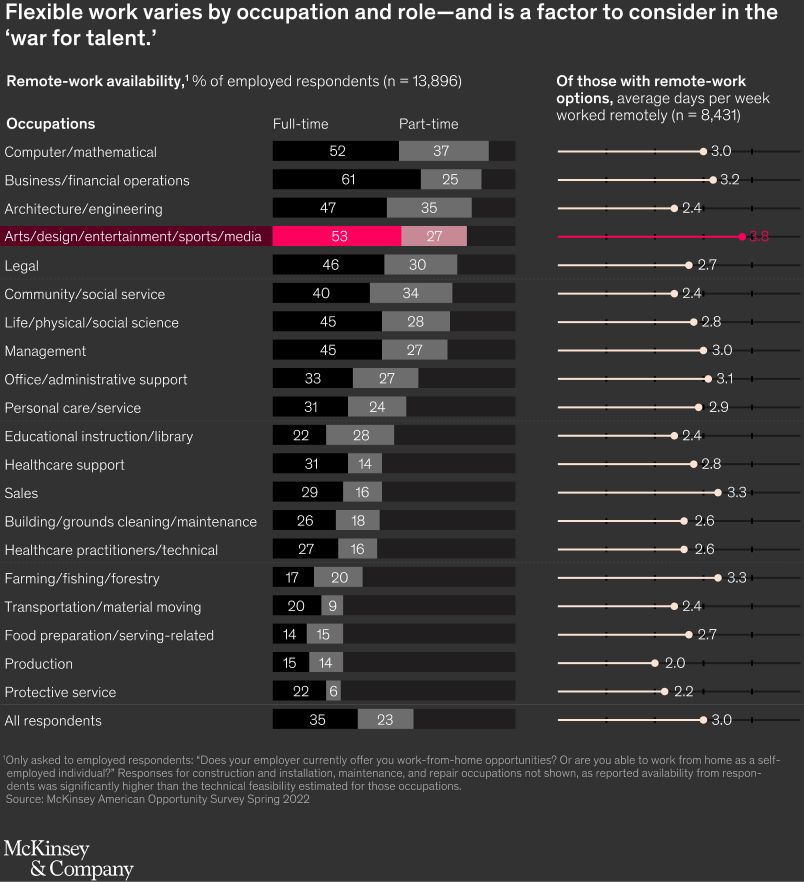
According to a study done by McKinsey in 2022, design is among the top 4 occupations for remote work. Companies will need to compete for the "war for talent" as the designers they employ may demand working from home.
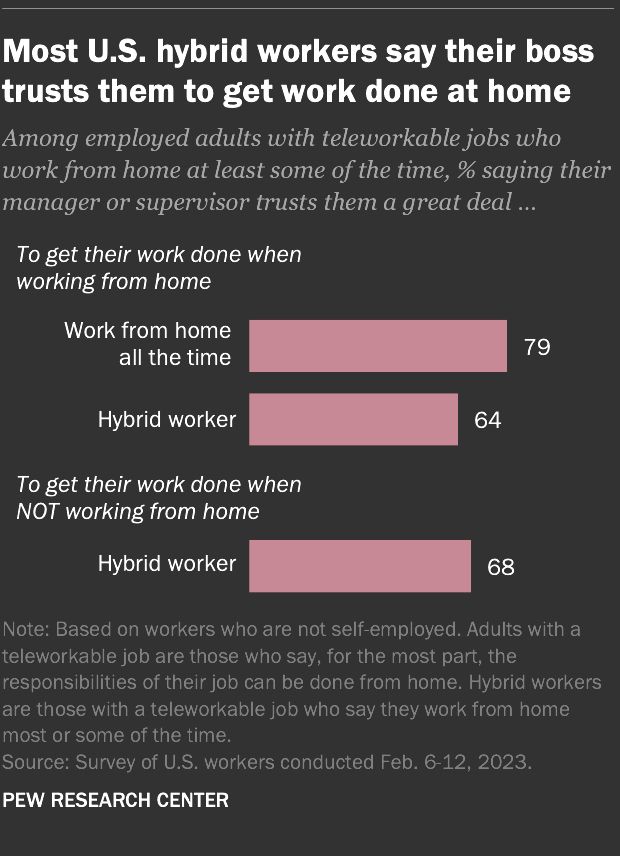
Additionaly, according to a survey conducted by Pew Research most bosses trust there employees to get work done at home.
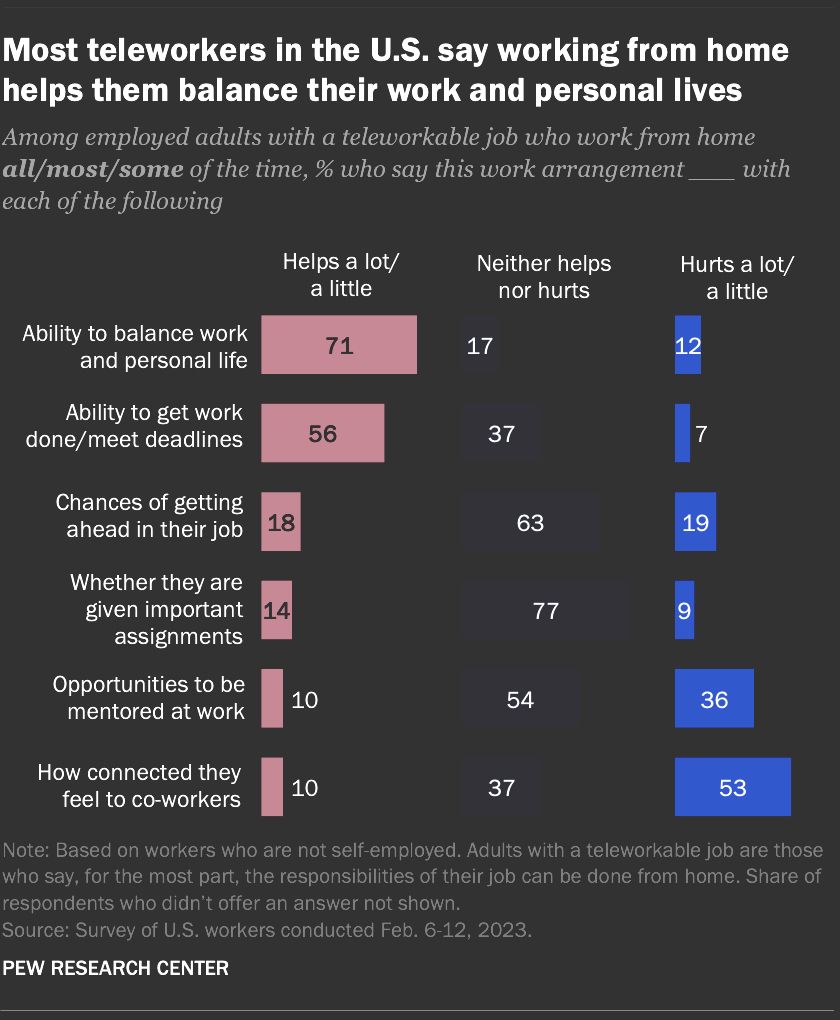
The study goes on to say that most workers believe that remote work improves their ability to get work done and meet deadlines. Moreover, remote work has led to improvements in work-life balance, with a majority of respondents reporting that they feel more balanced now that they work remotely.
Remote work has also allowed design teams to access a larger talent pool. This has led to a more diverse and inclusive workforce, with design teams able to hire talent from all over the world.
In addition to these benefits, remote work has also led to improvements in collaboration and communication within design teams. With the use of digital tools and technology, design teams can now collaborate in real-time, regardless of their location.
Remote work has also led to improvements in design team satisfaction. By embracing remote work, design teams can now offer more flexibility to their employees, which can lead to increased job satisfaction and employee retention.
How can I adapt my hiring strategy to the changing times?
Adapting to the new remote work culture also means rethinking traditional hiring practices, including whether to hire people full-time or on a contract basis. With remote work, companies have access to a wider pool of talent from all over the world, which can make it easier to find specialized skills and expertise. Hiring people on a contract basis can also provide companies with more flexibility, as they can bring on resources for specific projects or periods of time without committing to a long-term hire. On the other hand, hiring people full-time can provide companies with greater continuity and the ability to develop deeper relationships with their employees. Ultimately, the decision of whether to hire people full-time or on a contract basis depends on the specific needs of the company and the nature of the work involved. By considering both options and adapting their hiring practices accordingly, companies can find the best talent for their needs and thrive in the new remote work culture.
How has working with agencies changed?
With the rise of remote work, the dynamics of working with design agencies have undergone significant changes. Traditionally, companies would rely on agencies for specialized design resources or to outsource design work for large-scale projects, often keeping these collaborations separate from their internal teams. However, the remote work culture has prompted a shift in this approach. Many companies are now bringing the majority of their design teams in-house while seeking more flexible arrangements for accessing specialized resources.
This is where the concept of a contingent workforce becomes invaluable. Companies specializing in this field, such as Academy, play a crucial role in this evolving landscape. We specialize in providing flexible resources from niche industries like UX, enabling companies to tap into the expertise of professionals without the need for full-time hires. In these changing times, here's how we are assisting companies in adapting to these new dynamics:
Flexibility
We provide dynamic teams or individuals on demand, so you can create a bench of talent to pull from as project needs arise. Whether you need a freelancer, temp-to-perm or a full-time member of your team.
Top Tier Talent
We use the same talent vetting process that powers companies like Google, Airbnb and Facebook. Our methods ensure that we find talent who not only have the skills you need, but are also a good match for your culture.
Employer of Record
We can hire globally and maintain compliance in talents home countries. Our US based talent are W-2 employees, reducing worker misclassification concerns. They receive benefits even for part-time or short-term assignments, including paid sick leave, retirement plans, and unemployment insurance.
Invoicing & Payroll
We manage all the invoicing, payroll and hourly tracking for our clients. Working with us means you won’t need sign a million contracts or process a million payrolls. One invoice, one point of contact.
By offering flexible resources, we are leading the way in helping companies adapt to the changing times and find the best talent for their specific needs whether that's on a contract basis or full-time.
The rise of remote work and flexible work arrangements are changing the way companies approach their hiring strategies. Staffing agencies are becoming an important part of their hiring process, offering a solution that allows them to find the best talent while maintaining flexibility. Remote work has had a significant impact on design teams, leading to improvements in productivity, work-life balance, collaboration, communication, and culture. Moving forward, we can expect to see more innovation, more creativity, and more inclusivity in the hiring process, thanks to the rise of remote work.


